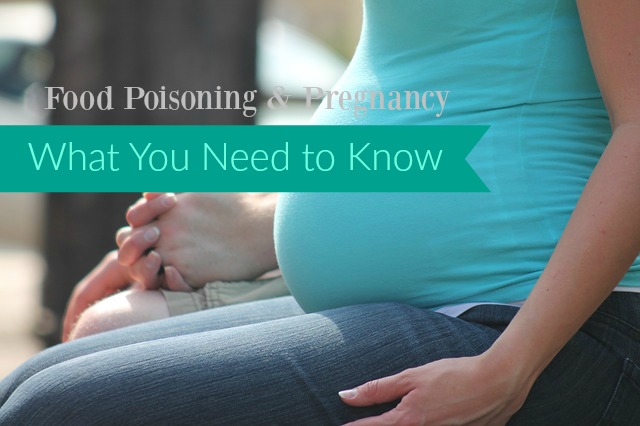It’s important to eat a balanced, nutritious diet during your pregnancy to help maintain your health and ensure your fetus gets the nourishment it needs. For the most part, you can eat the same foods you usually do, but because many types of food poisoning can pose a risk to you and your unborn child, you should take a few precautions. If you do contract food poisoning and need legal advice, contact Pritzker Oslen attorneys as soon as possible.
Preventing Food Poisoning During Pregnancy
One of the main ways to prevent food poisoning is to practice proper food safety. Make sure you keep raw, uncooked foods away from cooked, ready-to-eat foods. You should also be sure to cook foods to the proper temperature and promptly refrigerate or freeze any leftovers. Remember to wash your hands and all utensils often and thaw foods in the microwave or refrigerator – not in water or on the counter top.
Pregnant women are more susceptible to listeria, so purchase prepackaged, pre-sliced lunch meats rather than freshly sliced deli meats. It’s also a good idea to heat deli meat before eating it to kill any bacteria.
You may also want to avoid raw meat and fish while you’re pregnant as well as fresh sprouts as they can all carry E. coli. If you’re pregnant during the warmer months and attend a lot of barbecues, make sure your meat is well cooked. Rare meat can also cause food poisoning. Check out this article for other pregnancy safety tips during the summer months.
What to do if You Contract Food Poisoning While Pregnant
If not properly treated, food poisoning can cause complications while pregnant. One of the biggest risks is dehydration, so be sure to drink plenty of fluids such as juice, water and soup. To replenish electrolytes without overloading on sugar, drink a mix of half sports drink half water.
It’s also important to make sure you get enough rest to allow your body to heal. When you feel like eating again, start with easy to digest, bland, low-fat foods like rice, crackers, toast and bananas.
If you’re experiencing severe symptoms or are worried about the baby, don’t hesitate to talk to your doctor as some types of food poisoning require certain medications.
Listeria
Listeria is a bacterial illness and can cause serious problems during pregnancy. It’s typically treated with a course of antibiotics. If you’re close to your due date, it may also be necessary to treat your baby with antibiotics as soon as it’s born.
Salmonella
Salmonella is also a bacteria and lives in your digestive tract. It can also be treated with antibiotics, and an anti-nausea medication may be prescribed if you experience severe diarrhea or vomiting.
Toxoplasmosis
Toxoplasma gondii is a parasite found in contaminated foods, raw or under-cooked foods and cat feces and may cause toxoplasmosis. In many cases, there are no symptoms of this illness but if you are planning to get pregnant you can ask for a blood test to see if you have ever been exposed. Treatment typically includes anti-parasitic medication.









I’ve never had food poisoning while pregnant but it sounds very unpleasant.
My daughter is pregnant, and she is very careful. I would not wish this on anyone.